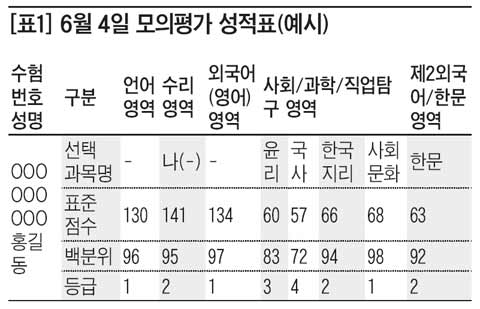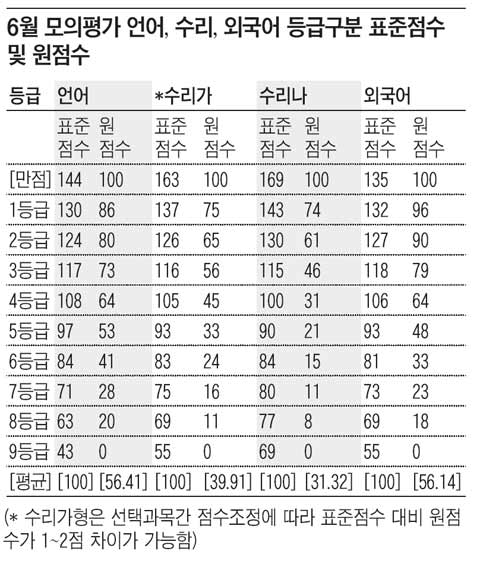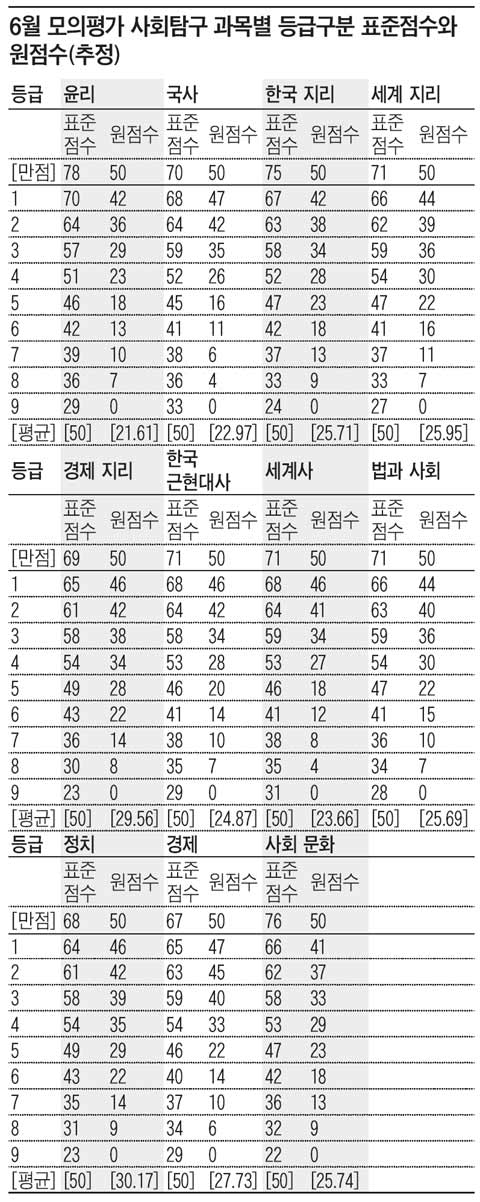[1] 부사와 전치사로 쓰인 경우
1. nothing but + 명사(구) : 이 경우의 but은 전치사입니다. : ~없이, ~하지 않고 except의 의미. nothing but = only
Nothing but bad things have happened to them because of this."
Sure, it was gory and sadistic, but that didn't change the fact that it was nothing but shock value.
I have nothing but time.
'There could be nothing but shame . . .
It seems like half of the DVD's one hour, forty minute runtime is nothing but talk.
But as this crisis grows worse, it’s nothing but business as usual from President Bush.
"This council is nothing but an early election campaign using public money for the populist president,"
2. nothing but + 형용사 : 이 때는 nothing but을 only의 의미로 쓰인 부사구로 봅니다.
IL: Going to UVA, does anything make you nervous about making the jump or are you nothing but confident?
“It’s nothing but good and positive,” said Traxler after the meeting.
[2] (준)동사 + nothing but + 동사원형 / V-ing
: 이 경우의 nothing but은 의미가 다양합니다. 그리고 but의 품사를 정하기 어렵습니다. 예문에서 보듯이 but 다음의 동사가 3인칭 단수 현재형에서 인칭변화를 하지 않습니다. 즉 but 다음에 동사가 오는 경우 동사원형이나 V-ing의 형태만 올 수 있습니다. 그러므로 but을 접속사로 보기는 어렵습니다. 접속사로 보려면 현재인칭변화를 해야 하기 때문입니다. 그렇다고 but을 전치사로 볼 수도 없습니다. 왜냐하면 전치사 다음에는 명사나 동명사만 올 수 있는데 아래 예문에서 보듯 but 다음에 동사원형이 오기도 하기 때문입니다. nothing but에 쓰인 but의 품사를 정하기 위해 수십년전에 AS Hornby라는 학자가 도전해서 실패했습니다. 현재로선 미정입니다. 아래는 편의상 분류해 본 것입니다.
1. 동사의 현재형 + nothing but + 동사원형
Reasonable discussion is impossible when a majority of those who post comments do nothing but throw word bombs at each other...
This is an extremely bad idea, the application of which will cure nothing but create a problem that does not exist.
Former Browns coach Sam Rutigliano thinks fretting about a curse is foolish and does nothing but make fans miserable.
...this issue does nothing but lay the groundwork for the rest of the story...
Our presence on WPMW should do nothing but improve that.”
If I had written my review after the first visit, you would read nothing but glowing prose.
2. 동사의 과거 / 현재완료 + nothing but +동사원형
I really messed up. I love this girl to death but I did nothing but lie, lie, lie and then lie.
I asked for some first aid but the soldiers did nothing but put more bandages on the wound.
Ever since that they’ve done nothing but increase the charges against me.
Anti-Israel sentiments are at a global all-time high although Israel has done nothing but try to make peace with a resistant enemy...
"Yes, sir, I was aware of that [depth]," he said. "And those three guys have done nothing but prove to me how good they are."
"In the beginning I'd had three years of unemployment to do nothing but sit around and think,...
3. V-ing 등 + nothing but + V-ing
"If we're going to start doing nothing but building 40-story office towers, then yeah," he said.
"As the population grows, it's doing nothing but moving into areas where it causes problems...
As a result of these successive exposures, the government and its principal leaders in Congress, as well as its ministers, appear paralyzed, concerned principally with avoiding parliamentary commissions of inquiry and desperate to prepare their defense, doing nothing but trying to hunt for documents that could absolve them.
Paris Hilton is guilty of nothing but being super "hot," and...
[3] AS Hornby의 but에 대한 설명
Oxford Advanced learner's dictionary of current English by AS Hornby (1974)에서의 but의 설명
1. cannot but/ could not but의 <접속사>쓰인 예문으로
I cannot help but think that...(...am compelled to...)
I could not choose but go (=had no alternative)
I cannot but admire (=must admire, cannot help admiring) your decision.
2. but 3 prep(전치사)(The use of but as a prep and a conj are not always clearly to be distinguished.) 즉 아래 설명은 항상 분명한 것은 아니라는 전제 하에서의 설명임.
(1) but + 인칭대명사. 이 경우의 but은 except의 의미의 전치사임.
(2) 부정어(no one, none, nothing) / 의문사 + but + 명사. 이 경우 but은 except, excluding의 의미의 전치사임. Nothing but disaster would come from such a plan.
(2)의 경우 뒤에 동사원형, V-ing가 오는 예문은 제시하지 않았음



 invalid-file
invalid-file invalid-file
invalid-file 콤마를잘찍어라.pdf
콤마를잘찍어라.pdf



